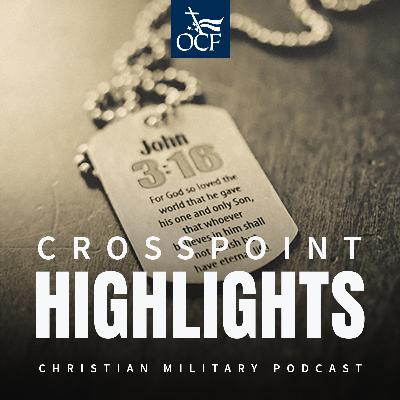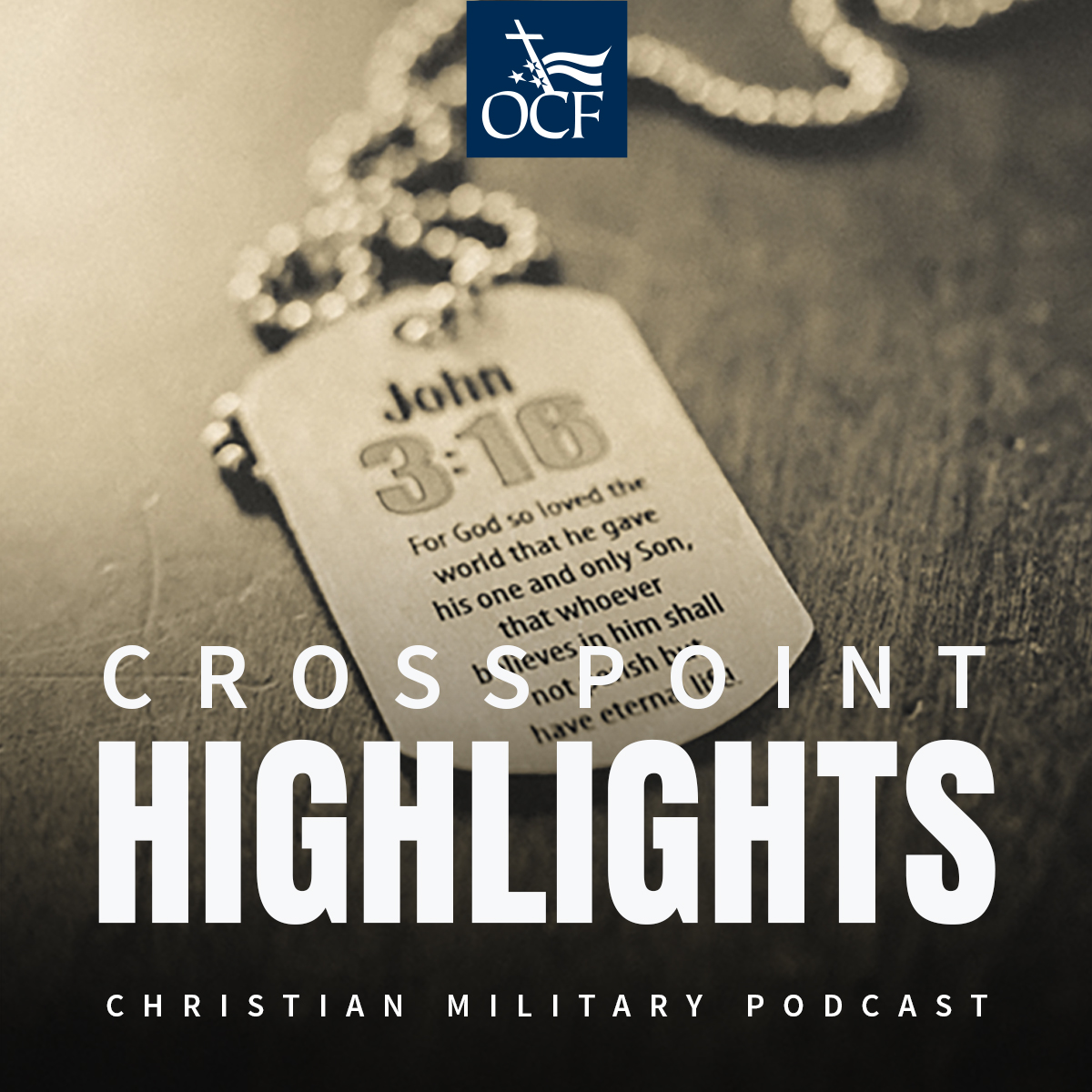Faithful Leadership: You won’t get this perfect—and that’s OK
Description
The July episode of Crosspoint served as Part 1 of a conversation with LTC Lee Robinson, USA, director of the U.S. Military Academy’s American Politics Program and an academy professor in the Department of Social Sciences.
We began answering this overarching question—"What does it look like to follow Christ in uniform, when your faith is personal, your authority is public, and the Constitution sets the boundaries?”
In Part 2 we continue this timely discussion on how Christian military leaders can live out their faith with integrity, while respecting the pluralism of today’s armed forces.
Lee emphasizes that faith in leadership must never take the form of pressure or compulsion. Drawing from both Scripture and military experience, he outlines the importance of being a faithful witness without overstepping the boundaries of official authority. When senior leaders bring faith into their roles, the question isn't “Can I?” but “Should I?”—and wisdom is key to navigating that tension.
A central focus of this conversation is the principle of religious liberty for all, not just Christians. Lee speaks to the importance of defending others’ rights, even when you disagree with their beliefs because a free society depends on reciprocal freedom.
Lastly, Lee offers both encouragement and challenge to Christian leaders: You won’t get this balance perfect. But grace, humility, and a deep dependence on God are essential as you try to be salt and light in a diverse military environment.
This episode does a pretty good job of standing on its own, but we do encourage you to go back and listen to part 1 to get the full context of the conversation.
Key points from the conversation
- Coercion and leadership don’t mix. Your influence as a Christian officer must be grounded in love and respect, not pressure.
- Religious liberty is for everyone. Defending others’ freedoms strengthens your own witness and integrity.
- Wisdom matters. Just because something is legally allowed doesn’t always mean it’s wise or helpful in a given leadership context.
- Mistakes will happen. What matters most is how you respond—with humility, grace, and a willingness to grow.
Questions to ponder
- How can you create a culture in your unit where spiritual questions and discussions are welcome but never forced?
- Are there moments where your leadership presence might unintentionally signal pressure around faith?
- What does it look like to advocate for religious freedom in a way that honors others’ beliefs?
- How do you respond when you realize you didn’t strike the right balance between faith and official duty?
- What role does humility play in spiritual leadership?







